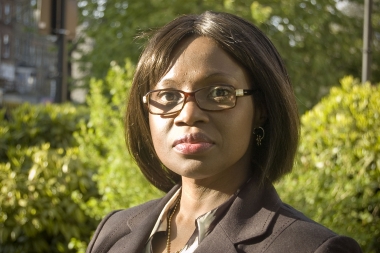'Defender of true marriage,' Lillian Ladele dies

Lillian Ladele, who has been hailed a "defender of true marriage," has died.
The marriage registrar, whose fight against Islington Council over the registration of civil partnerships went to the European Court of Human Rights, died at home of natural causes aged 54.
Ladele worked as a registrar for marriages, births and deaths for the London Borough of Islington. After the introduction of civil partnerships for same-sex couples, Ladele objected to having to officiate in a civil partnership ceremony, saying it conflicted with her religious beliefs.
She was disciplined and threatened with dismissal at which point she appealed to The Employment Tribunal, which ruled she had been discriminated against and harassed.
However the Employment Appeals Tribunal overturned this decision at which point Ladele turned to the Court of Appeal and the European Court of Human Rights (ECHR).
Her case was heard on 15 January 2013 alongside three other applicants but was dismissed.
As Christians have gone to court more regularly for issues concerning freedom of religion, especially over employment, Ladele has been hailed as one of the first "defenders of marriage."
"Lillian was a strong woman and a faithful Christian," said her solicitor, Mark Jones. "She prayed for those who said hurtful things about her and tried to reflect the love of Christ to everyone she dealt with."
The Christian Institute, a Christian lobby group, supported Ladele through her legal battle and were invited to speak at her funeral yesterday.
"Lillian became synonymous in the minds of the public, courts and commentators with the cause of religious freedom and liberty of conscience," said the Christian Institute's in-house lawyer, Sam Webster.
"But throughout she conducted herself with grace, dignity and with love for those with whom she profoundly disagreed.
"Lillian's case established principles which are now impacting other cases and situations for good. It is a tribute to Lillian that official guidance now prompts public authorities to explore how they might accommodate those with a conscientious objection, including registrars."











